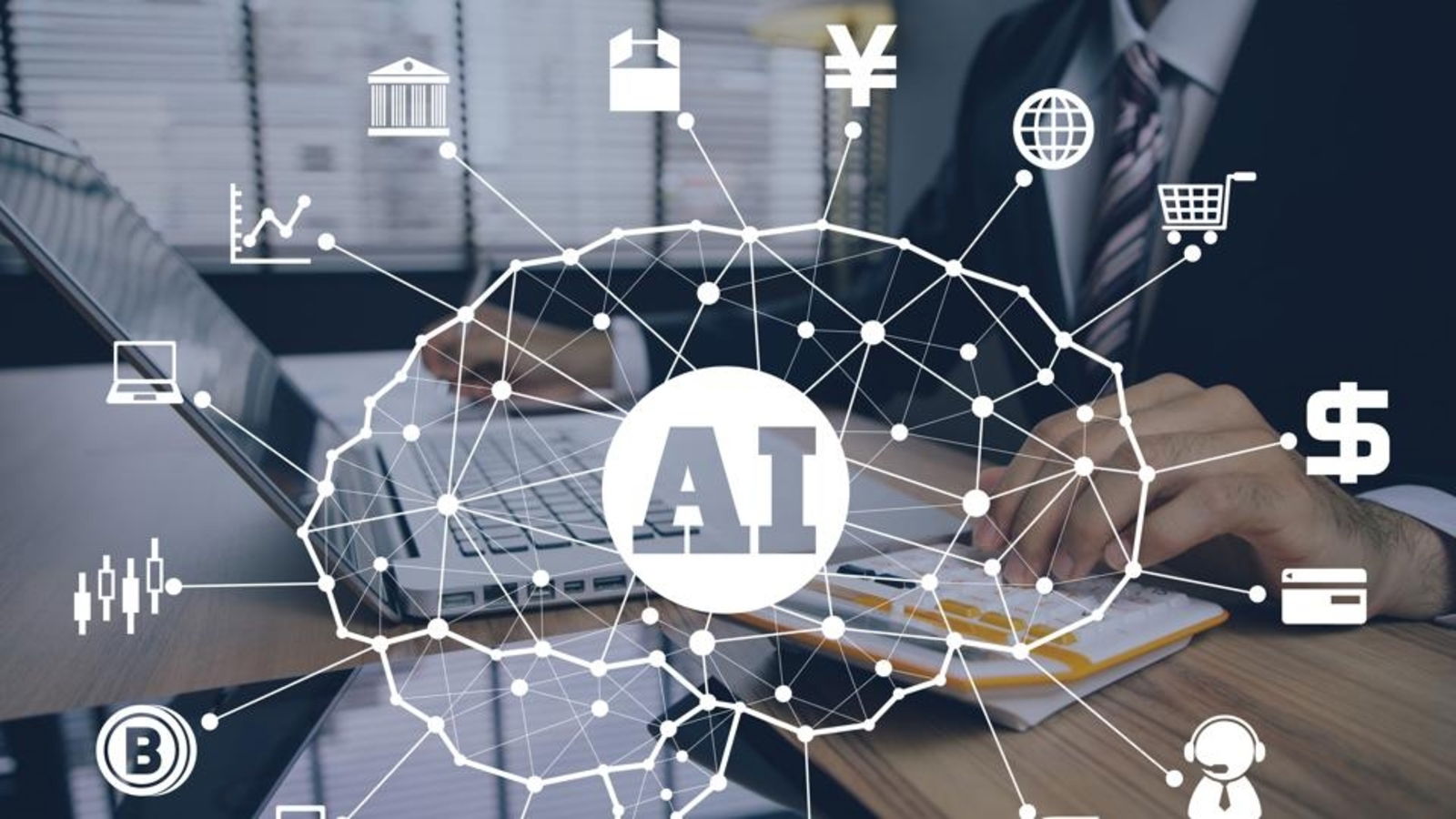
Divya Delhi: India's tech giants have supplied code and talent for decades, shaping contemporary digital infrastructure. The world's greatest outsourcing hub must now transition toward AI-driven innovation as AI threatens software services. India must act quickly to avoid falling behind AI powerhouses like the US and China. As Chinese startup DeepSeek develops cost-effective, open-source AI models, the global IT environment is changing. AI's capacity to automate difficult operations, improve decision-making, and generate new revenue is forcing forward-thinking companies to change course. Raj Kapoor, creator and chairman of the India Blockchain Alliance, says AI is no longer futuristic but necessary. A recent IMF report warns that AI-driven automation might damage 40% of global jobs. Despite its 44% global share, India's software services market is expected to expand only 11.9% year until 2028. Kapoor reports that the AI sector would increase 37.3% yearly between 2024 and 2030. In recognition of the stakes, the Indian government has begun AI development. In March 2023, it unveiled the $1.25 billion "IndiaAI Mission" to support startups and AI infrastructure. The 2018 federal budget includes a modest $575,000 for three research-focused AI education centers. Ashwini Vaishnaw, India's IT Minister, has also hinted at a landmark AI model for the country's unique cultural and linguistic needs. He applauded DeepSeek's open-source strategy for showing how sophisticated AI might be built at a fraction of the cost in other nations. These projects show intent, but China and the US have invested more in AI. Former Microsoft executive and US talent management expert Abhijit Bhaduri says India could expand into AI-driven value creation rather than abandoning its software-services expertise. India's enormous and diverse healthcare, agriculture, and financial data sets provide it an advantage, say observers. These could be used to create proprietary AI solutions for domestic and worldwide markets. Success requires more than data. To prepare for an AI-powered future, India must spend more in AI infrastructure, reform education, and mobilise its youth. Without these structural reforms, India may remain a service provider rather than an AI pioneer. Software services supremacy in India is a strength and a weakness. Although the sector has traditionally fuelled economic progress, opponents say its outsourcing concentration has hampered innovation. CEO of UK-based e1133, which partners with Indian colleges on AI education, Supriyo Chaudhuri warns that the software-services paradigm has made India dependent on outside ideas and technology. Without dramatic policy changes, Chaudhuri warns that AI is undermining this value chain and could keep India a cog in a system established by others. He suggests India follow China's massive education and infrastructural reforms. The 2020 National Education Policy mandated software coding in sixth grade, but state implementation has been inconsistent. Indian innovation is also hindered by neglected research labs and obsolete curricula in higher education. Demographic dividend in India provides promise. With approximately 65% of its population under 35, the country might lead the AI revolution with young inventors. This demands a structured scaled upskilling approach. Bhaduri advocates integrating AI into school curricula and forming industry-academia partnerships to give students real-world problem-solving expertise. To lower entry barriers for smaller firms, he recommends a "AI grid"—a statewide network of colleges, research institutes, and start-ups that pool computing resources. The government should mentor and collaborate with its global diaspora to build AI competence. Indian tech talent in Silicon Valley can help spread AI expertise and adoption at home.
- Education(148)
- India(771)
- Entertainment(399)
- Sports(272)
- Business(226)
- Bollywood Hollywood(95)
- International(196)
- Life & Style(91)
- Opinion(139)
- Educational(5)
- Crime(7)
- Technical(6)
- World(18)


